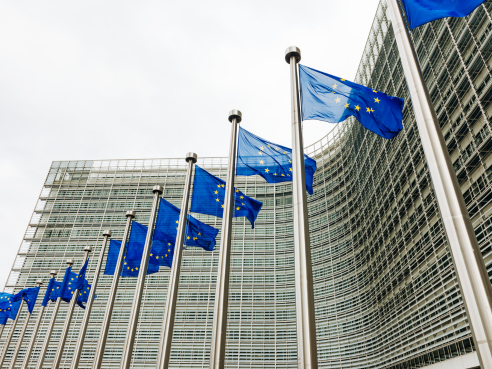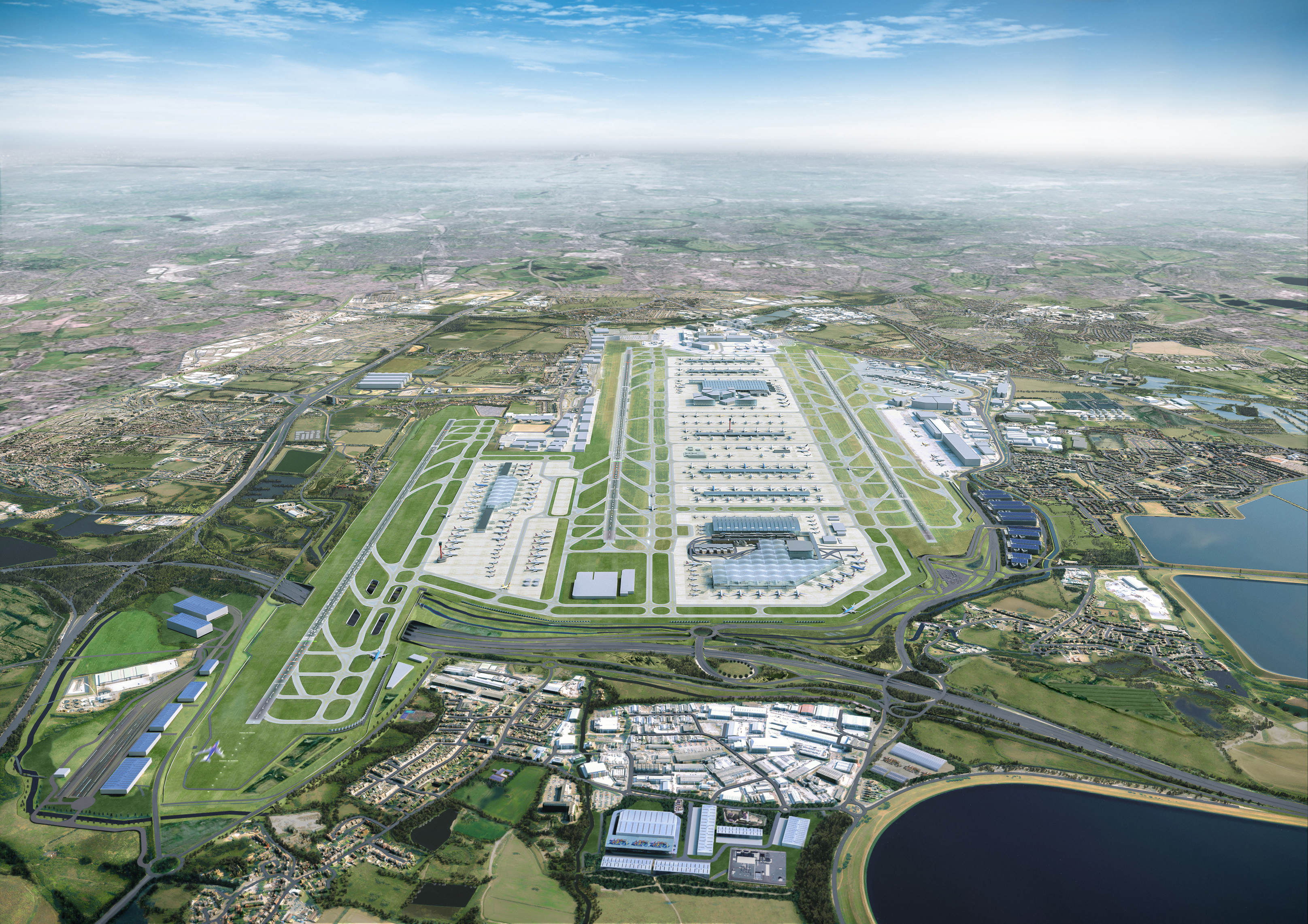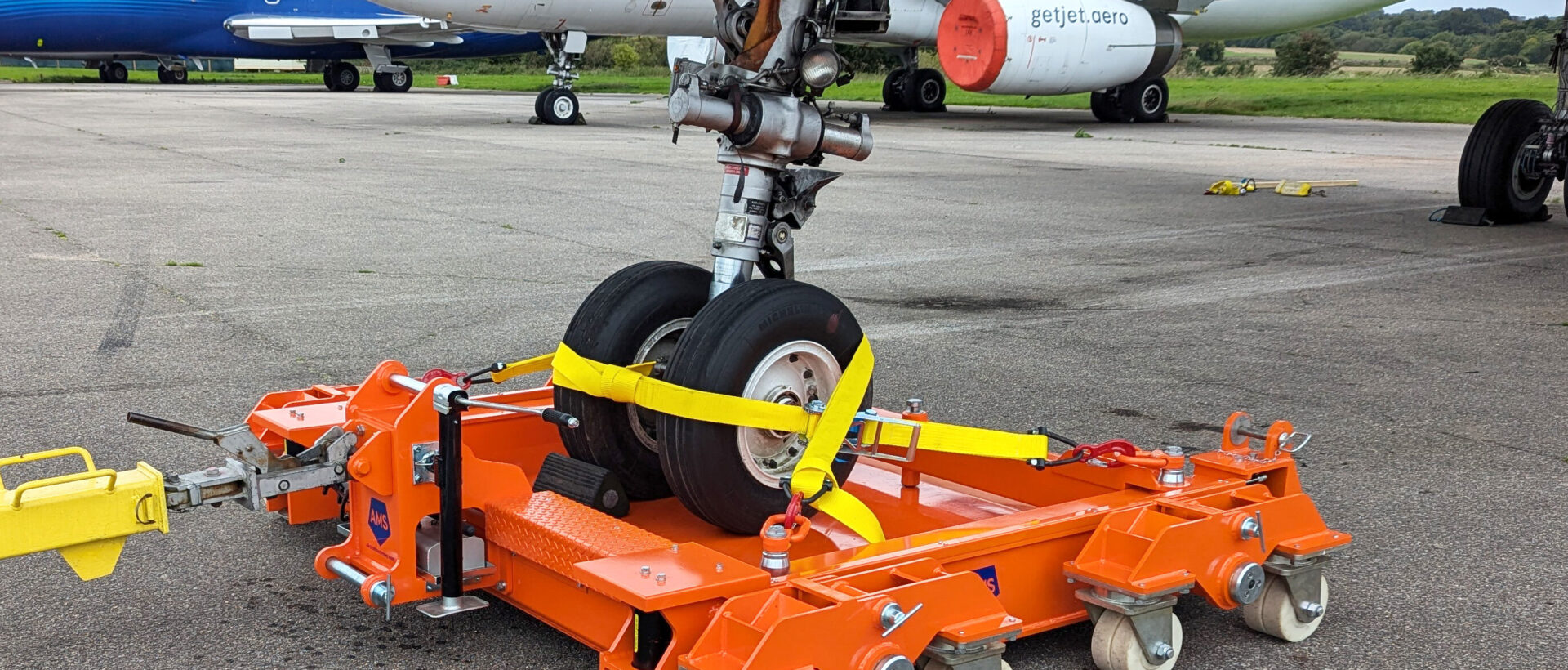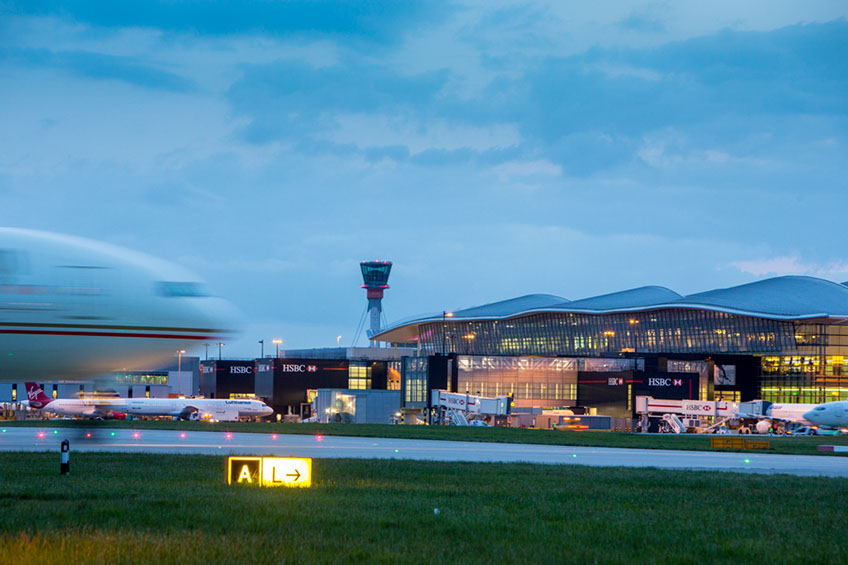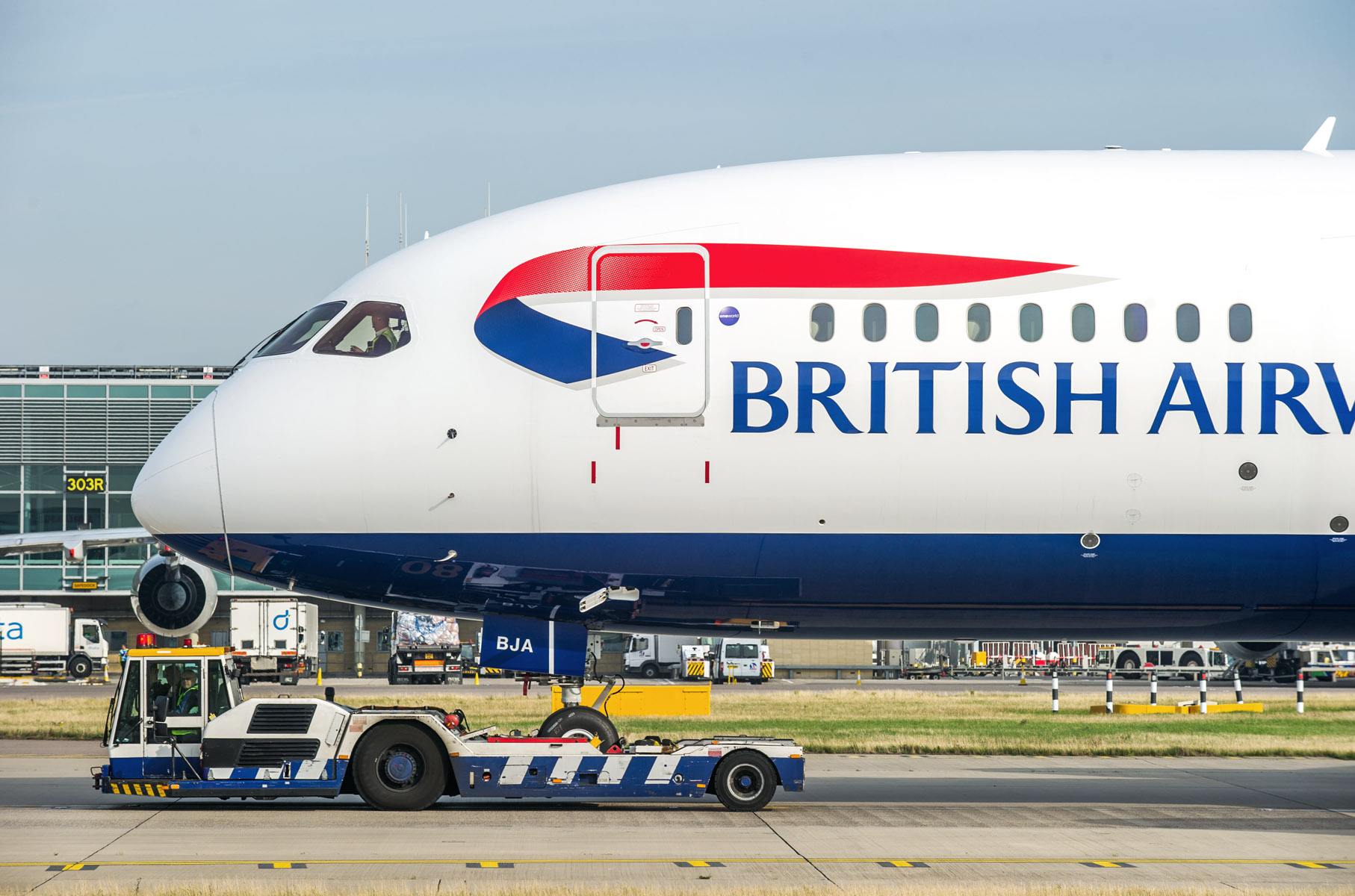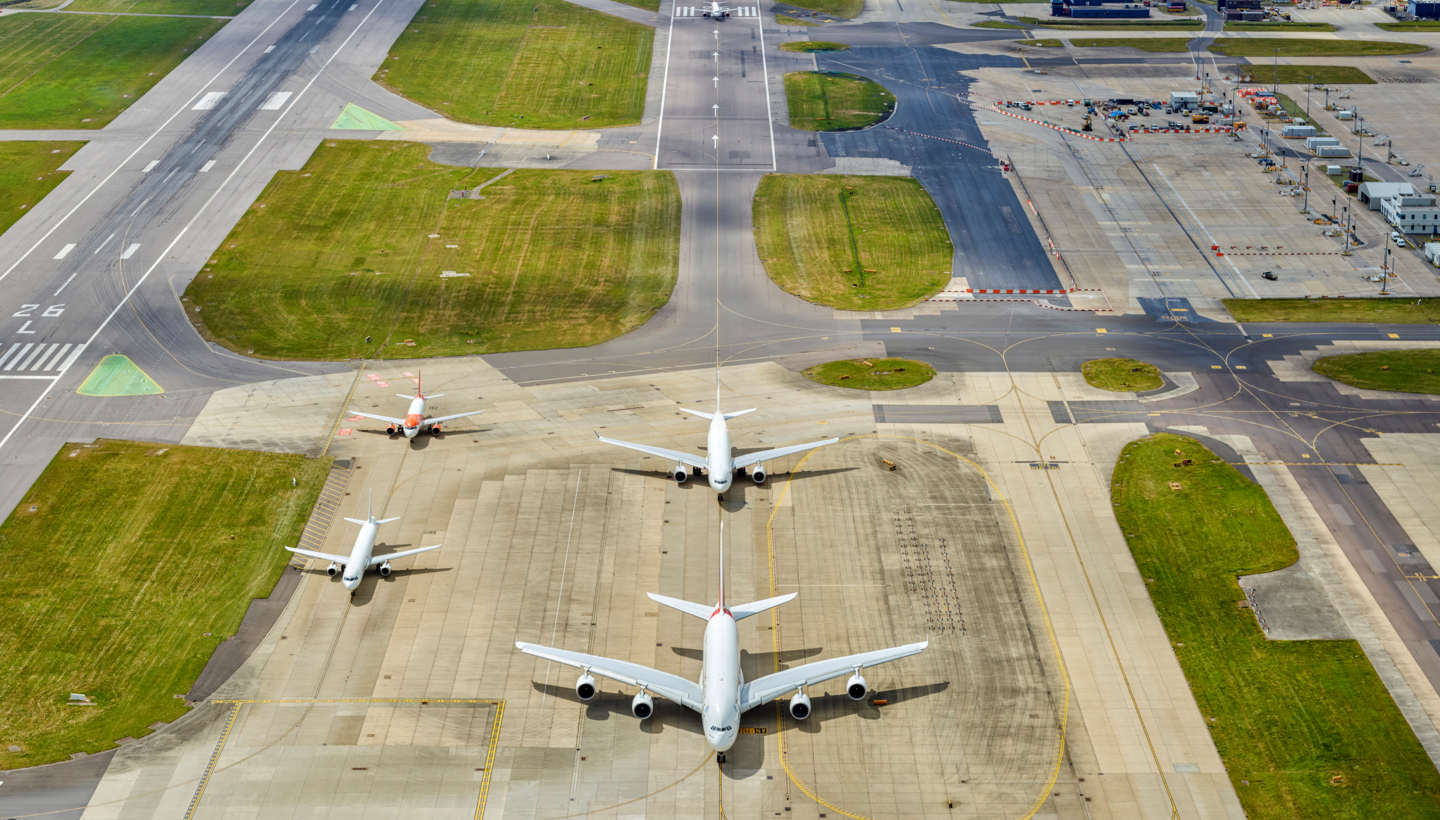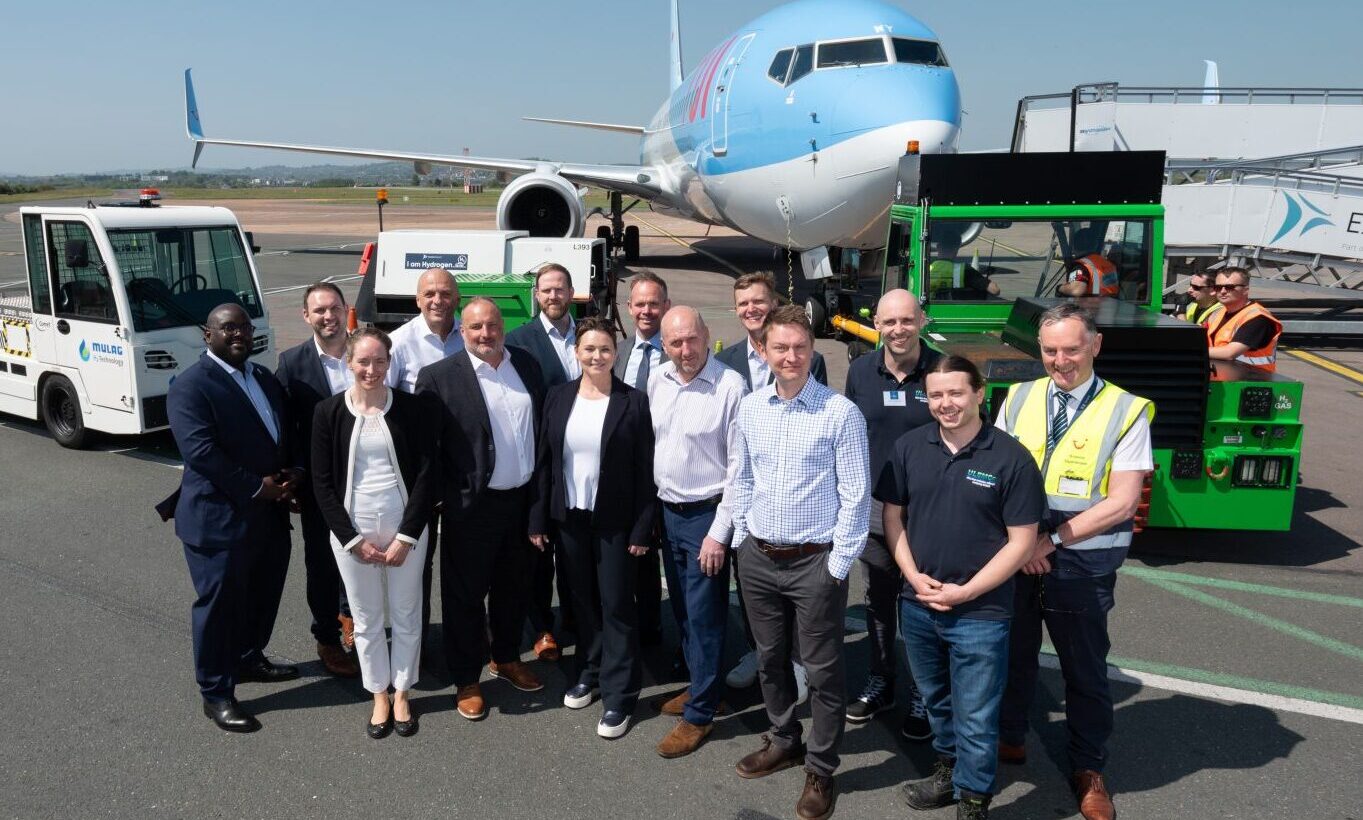New measures to accelerate the support of sustainable aviation fuel (SAF) were introduced in Parliament today as the government has announced an additional 400,000 GBP in funding to speed the delivery of new, clean fuels to market.
An alternative to fossil jet fuel, SAF remains more expensive to produce, though the government’s dedicated SAF measures protect both the industry and consumers from inflated costs.
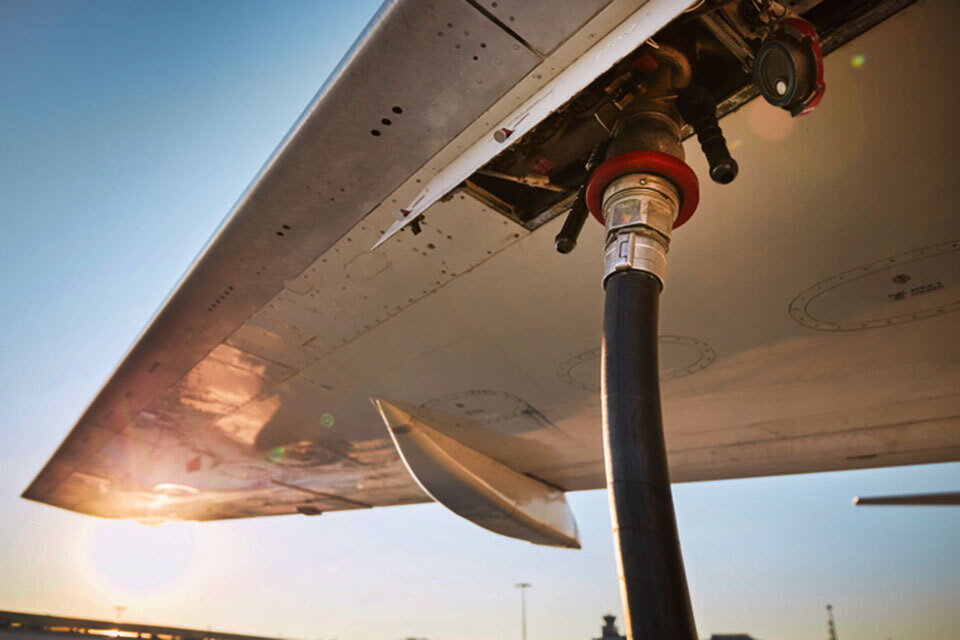
In addition to existing measures; the revenue certainty mechanism (RCM) will aim to keep ticket price changes minimal as the fuel alternative sees wider adoption throughout the industry, with fluctuations expected to sit around 1.50 GBP per year on average, which will in turn be funded through a levy on aviation fuel suppliers.
The Department for Transport (DfT) has stated it will continue to engage with industry leaders in order to maintain a consistent standard with regards to the RCM, including pricing.
Aviation Minister, Mike Kane, said:I want to see a golden age for green aviation and today sees take off for sustainable flights.
Aviation continues to be one of the fastest growing and most integral parts of the UK’s economy, offering more jobs across engineering, tourism and hospitality – and as we support aviation expansion, we need to move at full throttle towards decarbonisation.
We are making the UK one of the best places in the world to produce sustainable aviation fuel, putting the pedal down on growth and boosting job opportunities across the country as part of the Plan for Change.
The new legislation is hoped to aid the aviation industry to meet requirements set out by the SAF mandate, which was introduced in January this year and specifies that a minimum of 10% of all jet fuel used in flights taking off from the UK from 2030 be made with sustainable fuel. This is planned to be extended to 22% by 2040.
Duncan McCourt, Chief Executive of Sustainable Aviation, said:We hugely welcome the publication of this important legislation. SAF is a crucial element in the plan to decarbonise aviation as it can be used in existing aircraft with existing infrastructure.
The challenge now is to scale the industry, ensuring we have enough SAF to meet the mandate whilst keeping costs low and create thousands of jobs in the process. This legislation will help to do that.



